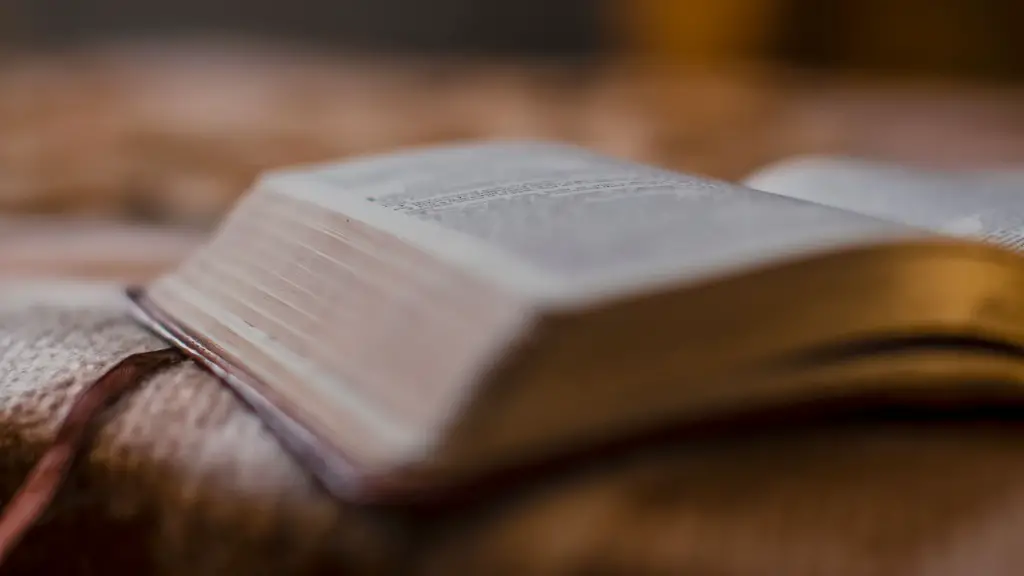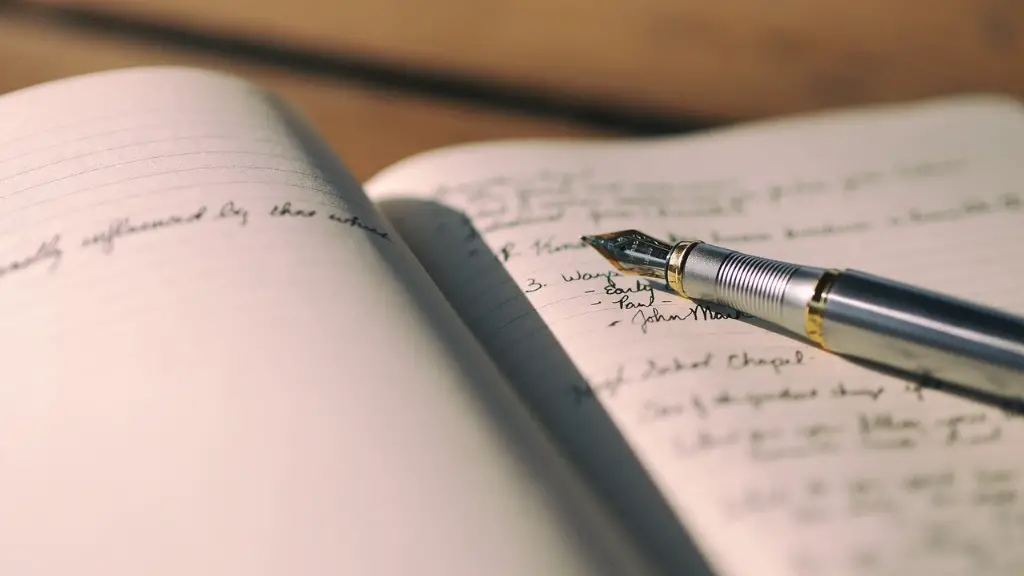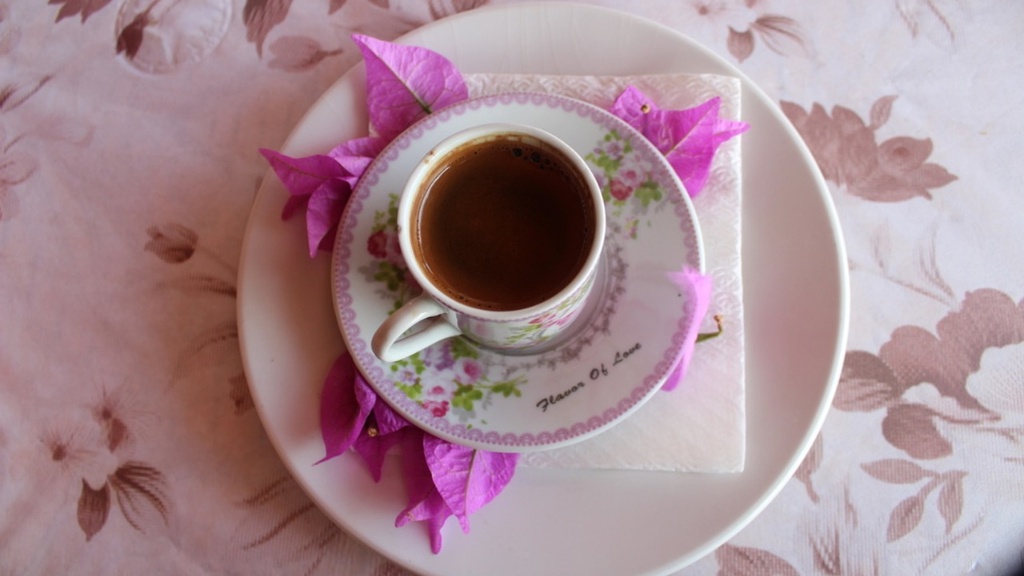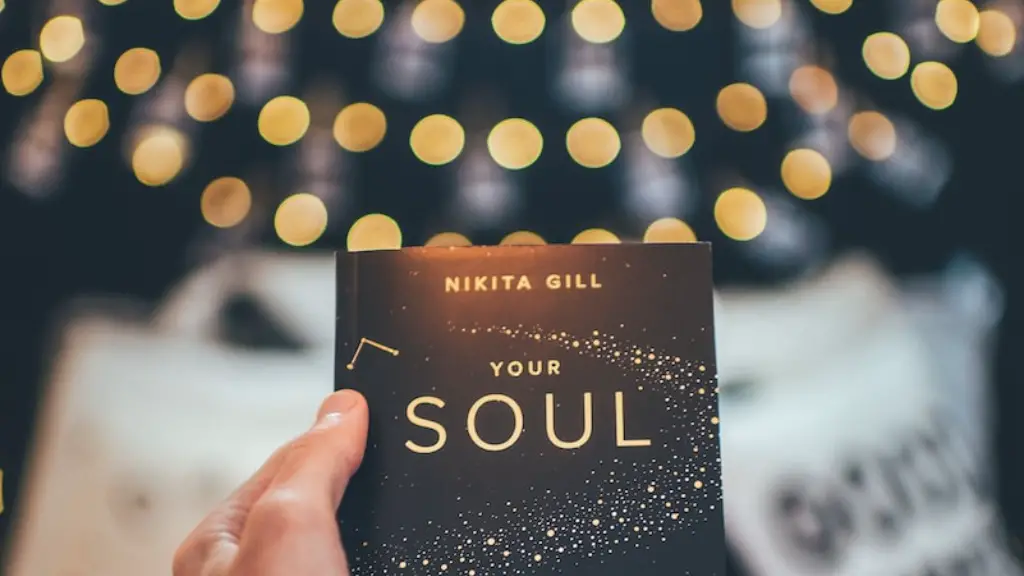African Poetry: An Overview of its Characteristics
African poetry is rich in history and culture, with many complex influences that have impacted its development throughout the centuries. Its history is closely intertwined with African music, religion, and mythology, and it has always drawn upon local stories and oral traditions for inspiration. African poetry is written in a variety of styles, tones, and rhythms, and it often explores themes of history, justice, and resilience. Furthermore, it is often expressed in a powerful and emotive manner, making it one of the most beautiful and moving forms of poetry.
The characteristics of African poetry vary greatly depending on the region, language, and culture from which it comes. Certain features, however, can be seen throughout the continent. One key feature is the use of traditional storytelling devices, such as allegory and symbolism. African poets use stories and characters to express complex themes, and often draw on mythological and religious themes to illustrate these concepts. African poetry is also known for its strong use of imagery and imagery-rich descriptions, which create vivid scenes and environments.
African poetry is often highly rhythmic and poetic, using traditional musical instruments and patterns to create a unique sonic landscape. African poets often use a combination of spoken word and musical elements to articulate their ideas. Additionally, African poetry often employs the use of vivid metaphors and similes to communicate complex concepts and feelings. This art form also often includes the use of repetition as a means of emphasizing specific aspects of the poem.
In African poetry, it is not unusual for poets to speak in the first person and address the reader directly, allowing for a more intimate connection between poets and their audience. Oftentimes, the poets use this direct address to convey powerful messages and to challenge the reader to think deeply and reflect upon the poem’s deeper meaning. African poets often shy away from traditional poetic forms and instead focus on creating unique, thought-provoking works of art.
Lastly, African poetry often speaks to the shared human experience and to a sense of belonging. Many African poets look to their ancestors for guidance and inspiration, and use their work to promote justice and solidarity.
Themes in African Poetry
African poetry often speaks to a variety of themes, each of which is shaped by the unique history, culture, language, and environment of the poet’s homeland. Many African poets use poetry as a way to explore and challenge political, social, and environmental issues. Freedom, justice, and identity are common themes in many African poems, and often these themes are used to speak to larger issues such as colonialism, racism, and poverty. Additionally, African poetry often looks at the beauty and complexity of the natural world, and many poets are preoccupied with exploring universal, shared themes of life and existence.
African poetry often gives voice to people and cultures that have been overlooked or ignored. Thus, many poets explore themes such as marginalization, injustice, and the discrimination of certain people. At the same time, many African poets celebrate the resilience and strength of their ancestors and people, and they use poetry to highlight and promote the vibrancy and beauty of African culture.
Additionally, many African poets draw on their shared experiences and on the shared experiences of their community to create powerful poetic works that speak to the struggles and joys of life in Africa. The themes in African poetry can often feel universal, and often the reader can find pieces of themselves in these poems.
African Poetry’s Unique Cultural Significance
African poetry has played an important role in culture, from providing a platform to celebrate and honor African history, heritage, and culture to giving voice to people and to serve as a means of resistance against oppression. African poetry is an integral part of many African cultures, and poets often use the art form to speak out against injustices and to open minds. Poetry is often used to express the collective conscience, and African poets often use their works to stand against inequality, racism, and political and economic injustices.
This form of poetry is also used to celebrate and honor African culture and traditions, and African poets often look to the past for inspiration. African poets look to honor their ancestors and to showcase the resilience and strength of their people. Thus, African poetry often serves as an important cultural resource, allowing people to celebrate and remember their heritage.
African poetry is a powerful and emotive form of expression, and it often allows people to express complex and multifaceted feelings and ideas in beautiful, creative ways. It is not limited to any specific form, theme, or genre, and it encourages poets to be creative and to explore different aspects of the world around them. Poets often use this art form to explore their connection to the land, to history, and to the spirit of their ancestors.
Notable African Poets
African poetry has produced some of the world’s most acclaimed poets, and many African poets have earned accolades and recognition for their powerful works. Some of the most iconic and influential African poets include Ama Ata Aidoo, Léopold Sédar Senghor, Tsitsi Dangarembga, Yvonne Adhiambo Owuor, Gabriel Okara, and Kwame Dawes. These authors are celebrated around the world and their works are considered some of the most powerful and emotive works in literature.
The impact of African poetry cannot be understated. Through their works, African poets have explored themes of identity, culture, politics, and resilience, and their works often speak to the power of culture, the strength of the spirit, and the triumph of the human experienceno matter one’s circumstances. African poets have long been celebrated for the power, the beauty, and the emotion of their works, and their accomplishments continue to inspire new generations of poets and writers to this day.
The Impact of African Poetry Today
African poetry continues to be celebrated and honored around the world. In many African countries, poetry is recognized as an important part of culture, and many poets use their works to continue to raise awareness of the social, political, and environmental issues facing the continent. Additionally, African poets are using their work to explore new forms of expression, utilizing spoken word, digital media, and even rap to create powerful, emotive works of art.
The impact of African poetry can be seen around the world, and the works of African poets have influenced literature, art, and culture for centuries. African poetry continues to evolve and grow, and it will continue to provide a platform for poets to share their ideas, perspectives, and stories in powerful, emotive ways.
African Poetry and Social Media
Social media has opened up new avenues for African poets to explore and to share their work with the world. Through online platforms, African poets are able to engage with new audiences and to use their works to inspire and educate. Social media provides a platform for African poets to connect and to share ideas, and many African poets have used the medium to collaborate with other artists, share their work, and explore new ways of expressing their ideas. Additionally, social media has allowed African poets to reach new audiences, amplifying the voices of difficult topics, and creating a sense of global solidarity and community amongst African poets.
African poets have long used their works to inspire, educate, and challenge, and social media has allowed them to do this on a much larger scale. By utilizing the platform, African poets can connect with new communities, create new audiences, and explore different aspects of African culture, history, and identity. Social media has thus revolutionized African poetry, and it will continue to shape the form for generations to come.
Conclusion
African poetry is a powerful and emotive form of artistic expression. It is a beautiful and complex art form, drawing on themes of identity, justice, and resilience to create works that are moving and thought-provoking. African poetry has long been celebrated for its power, beauty, and emotion, and it continues to be honored and celebrated around the world. Additionally, social media has allowed African poets to explore new forms, to reach new audiences, and to create a sense of solidarity and community among African poets.




